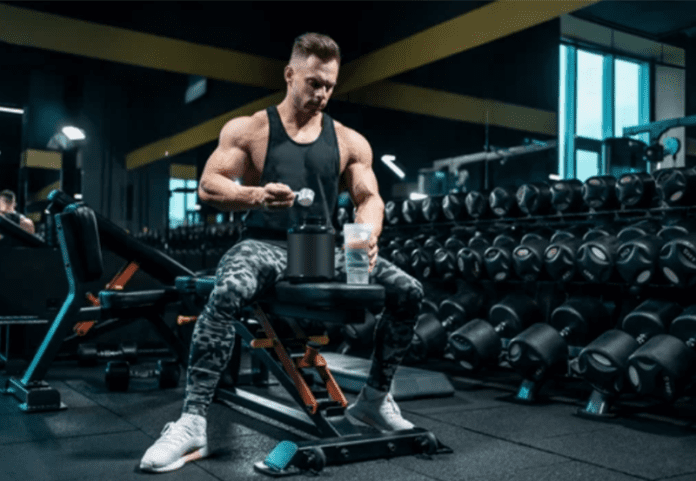Are you seeking to enhance your athletic performance and reach new levels of achievement? Proper sports nutrition and hydration are essential to any athlete’s training regimen. Whether you’re a professional athlete or simply someone who enjoys staying active, understanding the importance of fueling your body with the proper nutrients and fluids is crucial. In this article, we’ll dive deep into sports nutrition and hydration. We’ll also provide practical tips and strategies to help you optimize your nutrition and hydration to perform at your best. So if you’re ready to elevate your game and achieve your fitness goals, read on and discover the power of proper sports nutrition and hydration.
Table of Contents
Importance of Proper Nutrition for Athletes
A. How Can Help Proper Nutrition to Improve Athletic Performance
Proper nutrition can help improve athletic performance by providing the body with the necessary energy and nutrients to function optimally.
B. The Role of Macronutrients (Carbohydrates, Proteins, and Fats) in Sports Nutrition
Carbohydrates provide the primary energy source for high-intensity exercise, while proteins help repair and build muscle tissue. Fats also supply energy and serve as an essential fuel source during prolonged exercise.
C. The Importance of Micronutrients (vitamins and minerals) For Athletes
Vitamins and minerals support various bodily functions, including energy production, muscle contraction, and immune function. Some athletes may require a higher intake of certain micronutrients, such as calcium, iron, and vitamin D, due to increased energy demands and losses through sweat.
D. Recommended Daily Caloric Intake for Athletes
Athletes must stay hydrated throughout the day, not just during workouts or games. Generally, athletes should drink at least 8-10 cups of water daily, with an additional 1-2 cups per hour of exercise.
Importance of Hydration for Athletes
Tips for proper sports nutrition and hydration play a vital role in athletes. The importance of hydration for athletes is as follows:
A. The Consequences of Dehydration in Sports
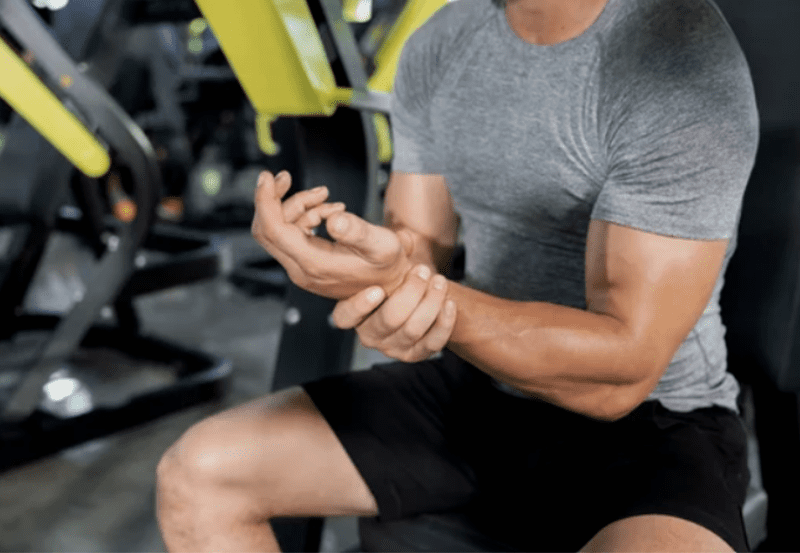
Dehydration is a severe issue in sports, and it can lead to various negative consequences. For example, when you are dehydrated, your body’s ability to regulate temperature is compromised, which can lead to heat stroke or other heat-related illnesses. Additionally, dehydration can cause muscle cramps, fatigue, and a reduced ability to perform athletically.
B. Recommended daily fluid intake for athletes
Generally, athletes should drink at least 8-10 cups of water daily, with an additional 1-2 cups per hour of exercise. However, the amount of fluid needed can vary based on factors like age, weight, gender, and the intensity and duration of the practice.
C. Signs of dehydration
Some common signs of dehydration include dark urine, dry mouth, fatigue, muscle cramps, and dizziness. If you experience any of these symptoms, it is essential to stop exercising immediately, rest, and hydrate.
Pre-Workout Nutrition and Hydration
A. What to Eat and Drink Before a Workout
You’re eating and drinking before a workout or competition can significantly impact your performance. Consuming carbohydrates, protein, and fluids before exercise is essential to ensure your body has the energy to perform at its best. Some good pre-workout food options include whole grains, fruits, vegetables, and lean protein sources. It is also essential to drink fluids before exercise to ensure proper hydration.
B. The Importance of Hydration Before Exercise

Athletes should avoid beverages high in sugar or caffeine, which can dehydrate the body. Try to consume water or sports drinks that have electrolytes rather than anything else.
C. Tips for Timing Pre-Workout Meals and Fluids
It is recommended that athletes consume a meal or snack containing carbohydrates and protein 1-4 hours before exercise. Additionally, drinking fluids 2-3 hours before a workout is essential to ensure proper hydration.
During-Workout Nutrition and Hydration
A. The Role of Carbohydrates and Electrolytes during Exercise
Carbohydrates are the primary fuel source for high-intensity training, and consuming carbohydrates during a workout can help maintain energy levels and delay fatigue.
B. The Benefits of Sports Drinks During Workouts
Sports drinks can be valuable for athletes during exercise, particularly endurance activities lasting longer than an hour.
C. Tips for Choosing the Right Sports Drink
- Look for glasses that contain 14-15 grams of carbohydrates per 8-ounce serving
- Choose glasses that contain electrolytes such as sodium, potassium, and magnesium.
- Avoid drinks with high sugar content.
Supplements for Sports Nutrition
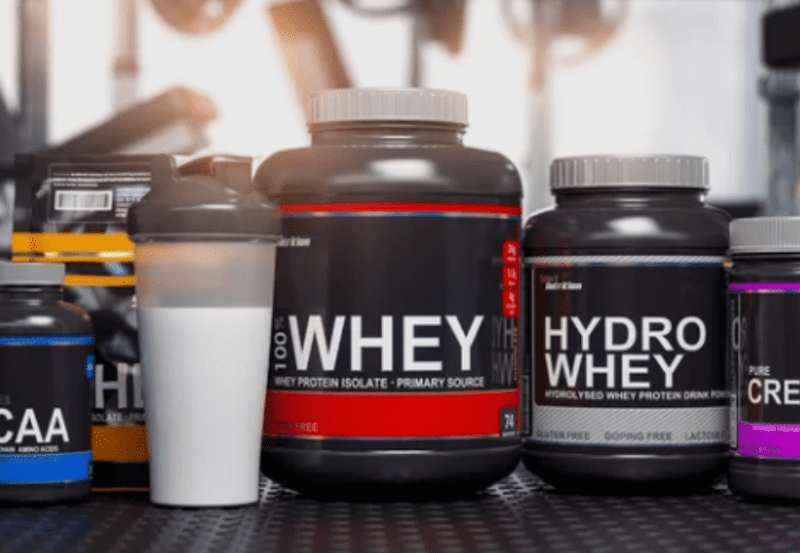
Understanding the tips for proper sports nutrition and hydration is critical to know about these supplements.
A. Common Sports Nutrition Supplements
1. Protein Powder:
Protein powder is a famous supplement athletes use to increase muscle mass and aid recovery. It can be found in various forms, including whey, casein, and plant-based protein powders.
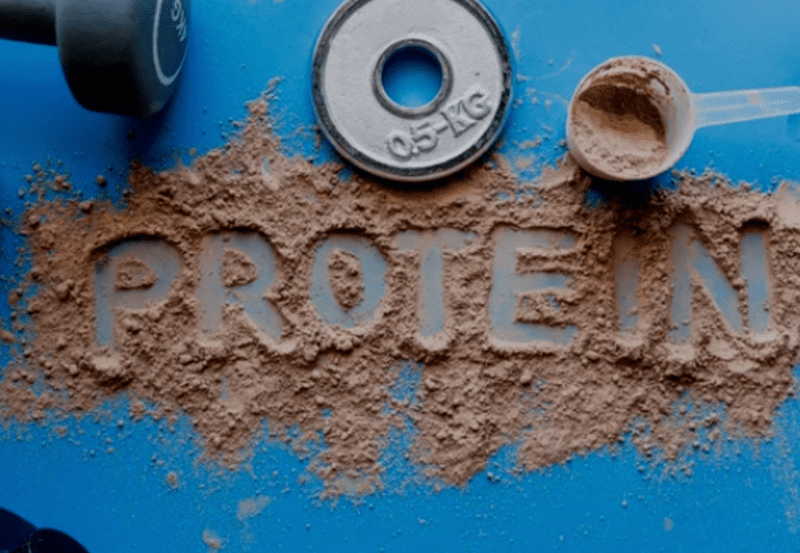
2. Creatine:
Creatine is a supplement that helps to increase muscle mass and improve strength and endurance during high-intensity exercises.
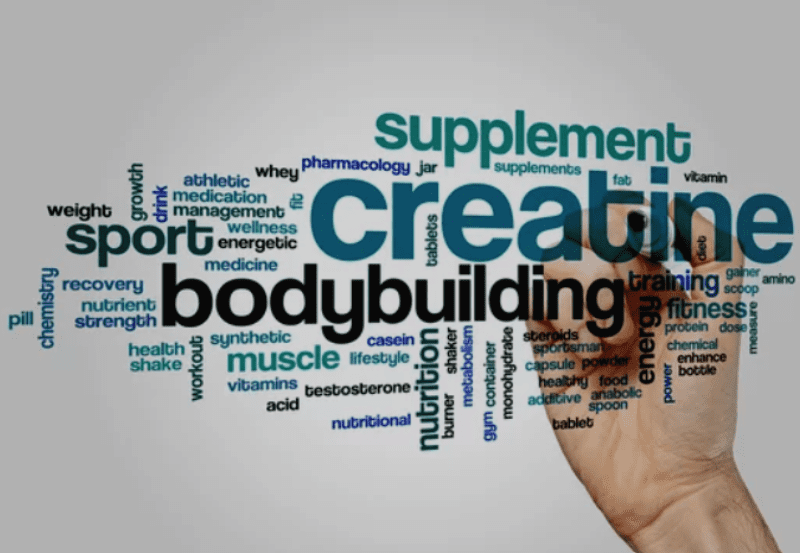
B. Pros and Cons of Using Supplements
Pros
Supplements can provide a convenient and effective way to enhance athletic performance and recovery. They can also help athletes meet their daily nutritional requirements.
Cons
Some supplements may have adverse side effects or interact with other medications. They can be expensive and may only provide significant benefits for some athletes.
C. Tips for Choosing the Right Supplements
- Research the supplement thoroughly before using it.
- Consult a healthcare professional or registered dietitian to determine if the supplement is right.
- Look for third-party certification or quality seals to ensure the supplement is safe and effective.
- Start with a low dosage and monitor for adverse side effects.
Conclusion
Tips for proper sports nutrition and hydration are essential for athletes looking to perform at their best. By following the tips outlined in this article, athletes can ensure they are providing their bodies with the fuel and fluids necessary for optimal performance and recovery. Remember to prioritize macronutrients, micronutrients, and hydration in your diet, and consider incorporating supplements with caution and under the guidance of a healthcare professional. Athletes can achieve their goals and stay healthy and robust long-term with a balanced approach to nutrition and hydration.
For access to additional informative blog posts, click here.


